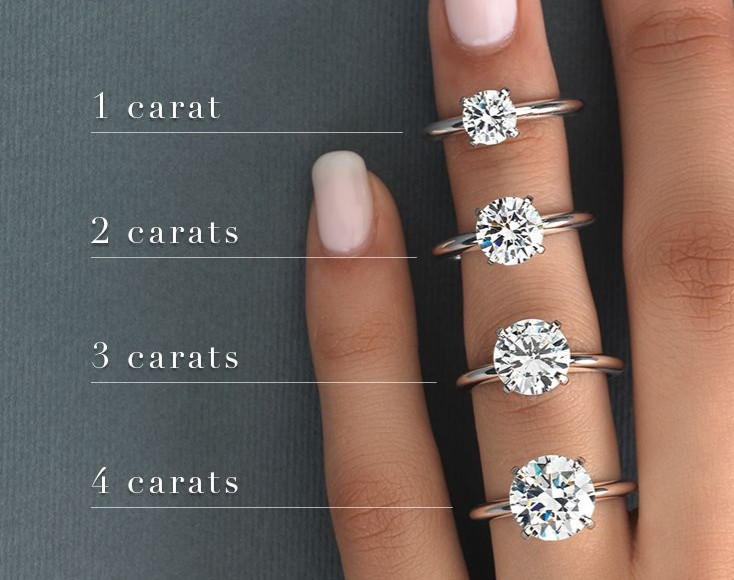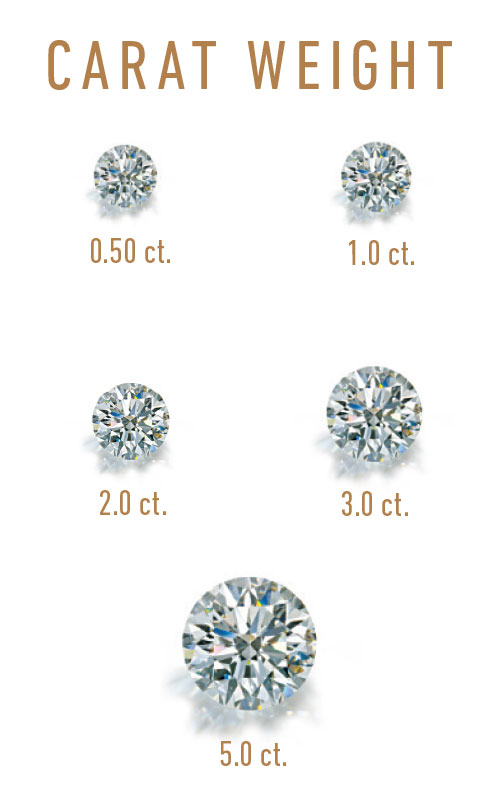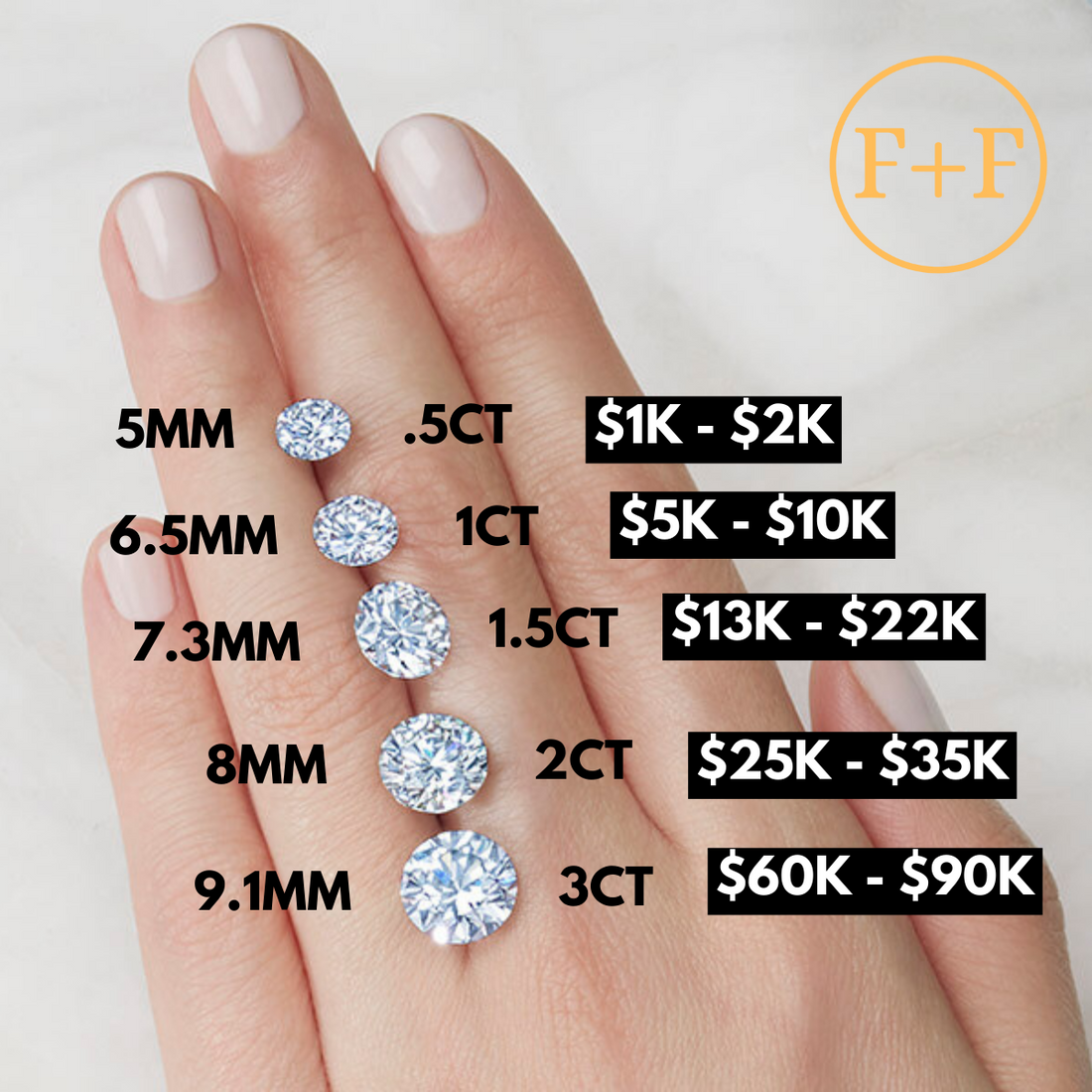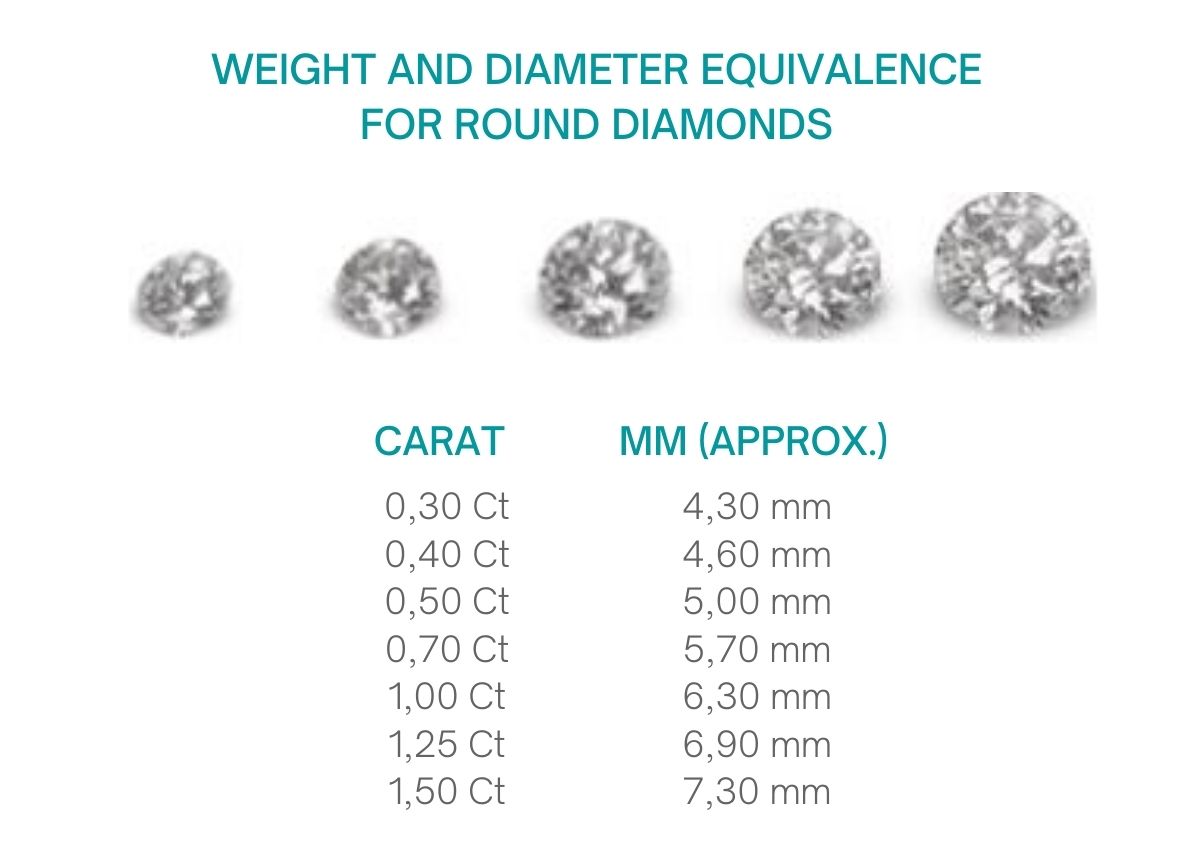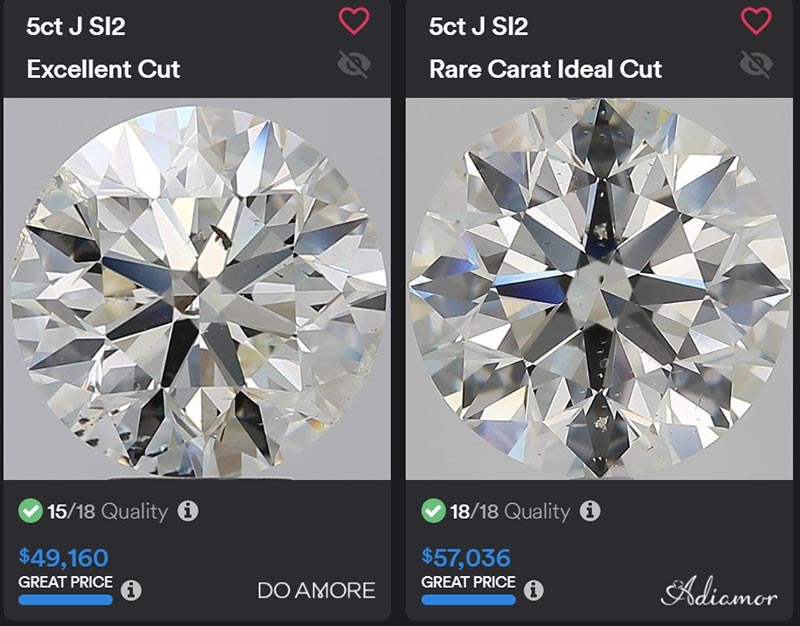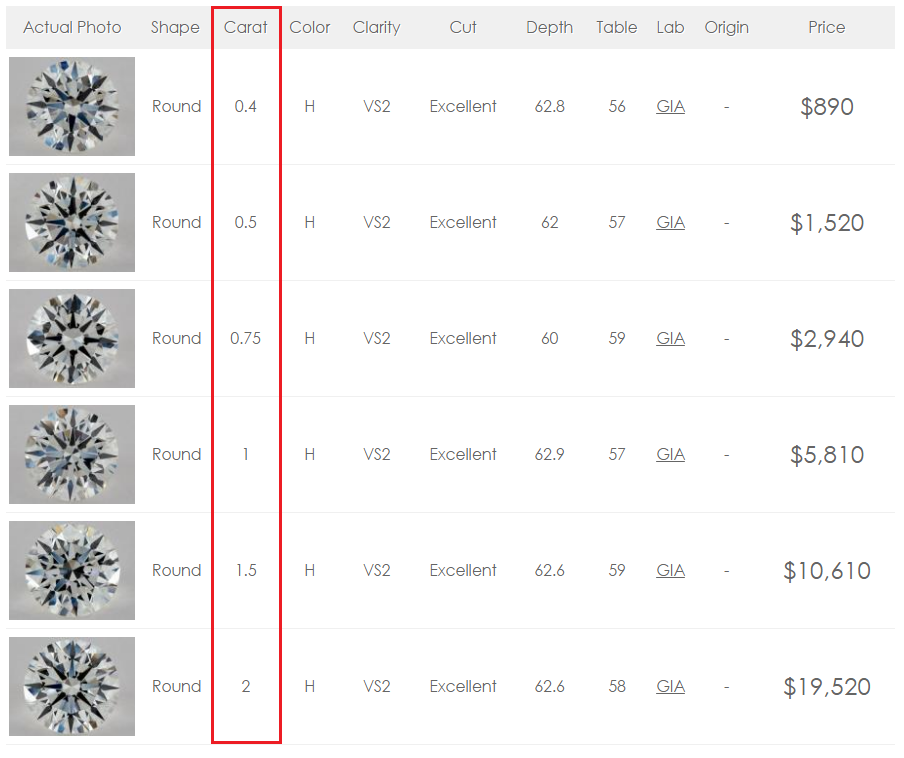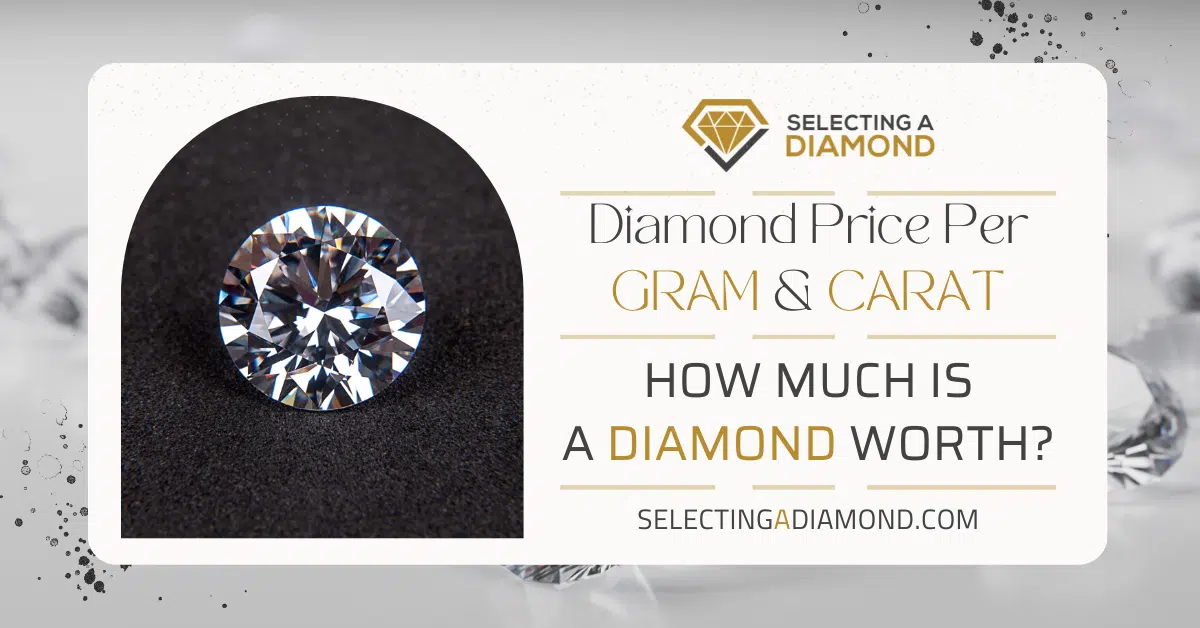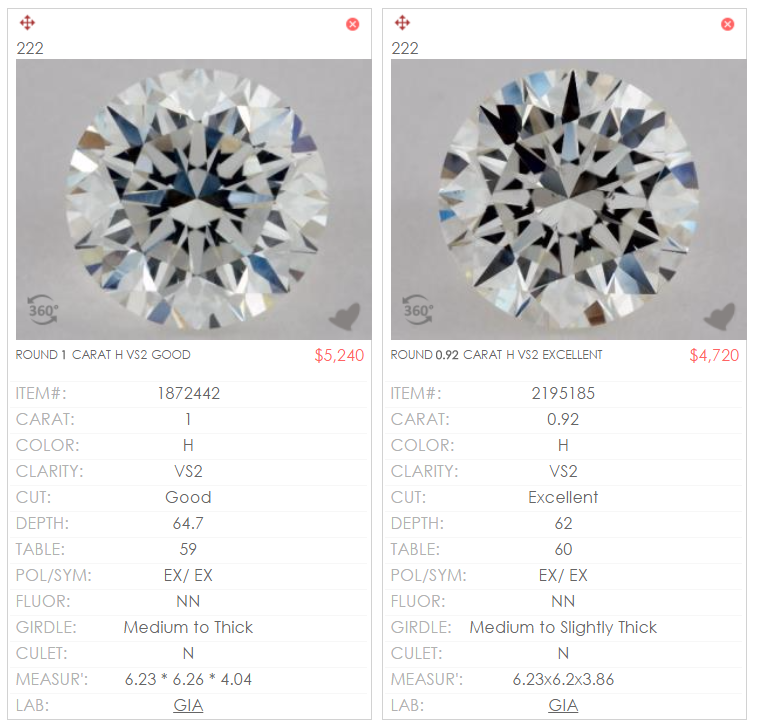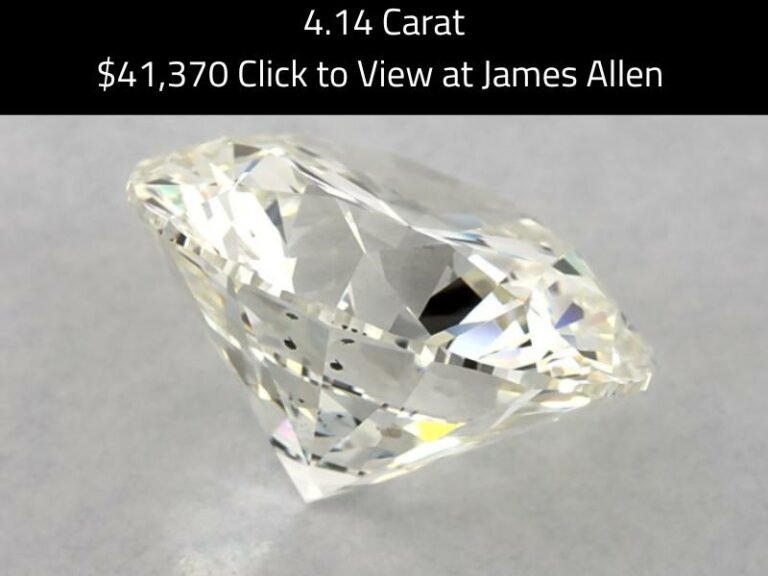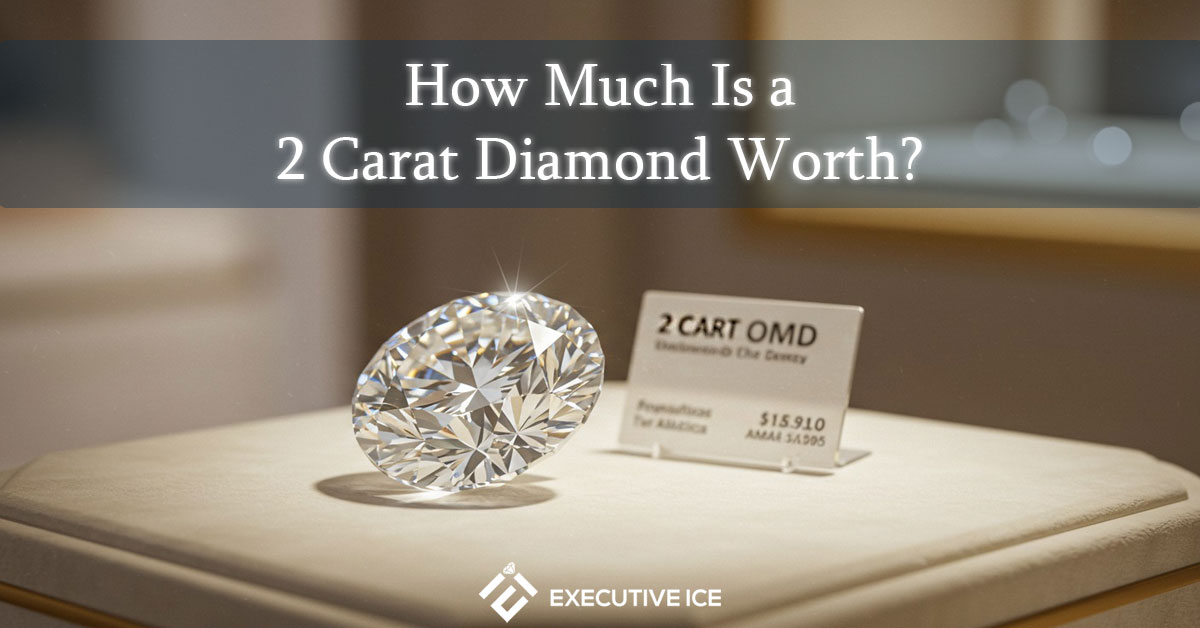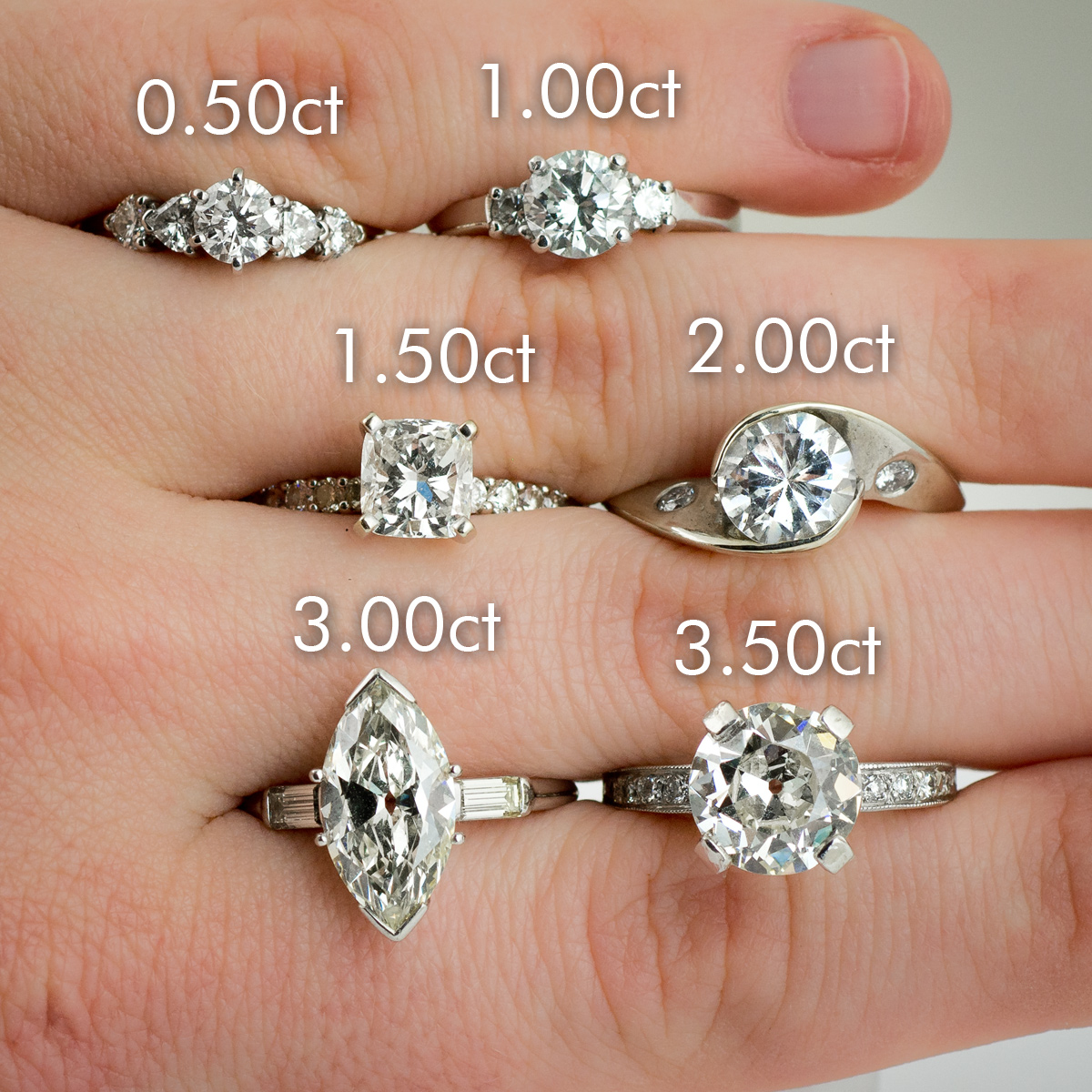How Much Is A 2.4 Carat Diamond Worth
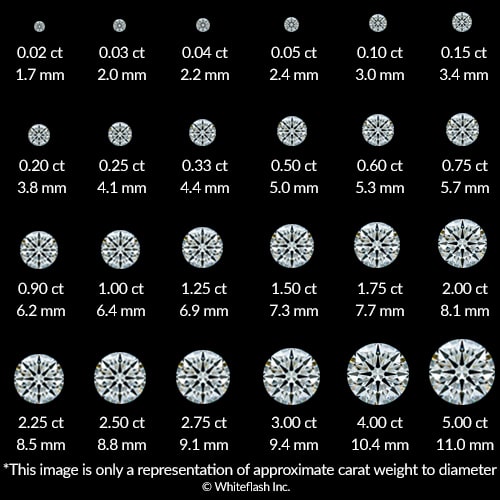
The glint of a diamond, particularly one of considerable size, often sparks both awe and curiosity, especially concerning its monetary value. A 2.4 carat diamond, a size that sits comfortably between statement piece and attainable luxury, represents a significant investment. But pinpointing its precise worth requires delving into the complex world of diamond grading, market dynamics, and individual stone characteristics.
This article dissects the factors influencing the value of a 2.4 carat diamond, providing a comprehensive overview for potential buyers, sellers, and those simply intrigued by these precious gems. The final price can vary drastically based on the "Four Cs" – Carat, Cut, Clarity, and Color – as well as other subtle yet crucial elements.
The Four Cs: A Foundation for Value
The Four Cs remain the cornerstone of diamond valuation, impacting the price exponentially. Carat weight, while the most obvious factor, is only the beginning.
Carat Weight and the Psychology of Size
At 2.4 carats, a diamond possesses a noticeable presence, suitable for engagement rings, pendants, or other fine jewelry. Diamond prices don't increase linearly with carat weight; instead, they jump at popular weight thresholds.
A 2.4 carat diamond will command a higher per-carat price than a slightly smaller stone, say 2.3 carats, due to its perceived rarity and desirability.
Cut: The Key to Brilliance
The cut of a diamond refers to its proportions, symmetry, and polish, determining how light interacts within the stone and ultimately its brilliance, fire, and scintillation. A diamond with an "Excellent" cut grade, according to grading laboratories like the Gemological Institute of America (GIA), will command a premium.
Poorly cut diamonds, even with high color and clarity grades, can appear dull and lifeless, significantly impacting their value.
Clarity: Absence of Imperfections
Clarity refers to the absence of inclusions (internal flaws) and blemishes (external imperfections). Diamonds are graded on a scale from Flawless (FL) to Included (I3).
A 2.4 carat diamond with a high clarity grade, such as VVS1 or VVS2 (Very, Very Slightly Included), will be significantly more valuable than one with visible inclusions.
Color: A Spectrum of Value
In white diamonds, color refers to the absence of color, with the grading scale ranging from D (colorless) to Z (light yellow or brown). Colorless diamonds (D, E, F) are the most prized and therefore the most expensive.
However, fancy colored diamonds (e.g., pink, blue, yellow) are graded on a different scale and can command astronomical prices, especially if they possess intense color saturation.
Beyond the Four Cs: Other Influencing Factors
While the Four Cs are fundamental, other factors also play a role in determining a 2.4 carat diamond's value.
Certification from a reputable gemological laboratory, like the GIA or AGS (American Gem Society), is crucial. A certificate provides an unbiased assessment of the diamond's characteristics and acts as assurance for both buyers and sellers.
Fluorescence, the diamond's reaction to ultraviolet light, can also affect value. Strong fluorescence can sometimes make a diamond appear hazy or milky, detracting from its brilliance and lowering its price.
The shape of the diamond also plays a role. Round brilliant diamonds are generally the most expensive due to their high demand and optimal light performance. Fancy shapes, such as princess, oval, and emerald cuts, can offer better value.
Market Dynamics and Current Trends
Diamond prices are influenced by supply and demand, economic conditions, and prevailing market trends. Economic downturns can soften demand, while periods of prosperity can drive prices upward.
Consumer preferences also play a role. For instance, there's a growing demand for lab-grown diamonds, which can impact the pricing of natural diamonds. However, lab-grown diamonds are not equivalent to the price of a mined diamond.
Currently, the market for natural diamonds is relatively stable, but keeping abreast of industry news and expert analysis is crucial for both buyers and sellers.
Estimating the Value: A Range, Not a Fixed Price
Considering all the factors discussed, estimating the value of a 2.4 carat diamond is more about establishing a range than arriving at a precise figure. As of late 2023, a 2.4 carat diamond with good color (G-H), clarity (VS1-VS2), and an excellent cut could range anywhere from $25,000 to $45,000 or even higher.
However, a diamond with lower grades in any of these categories could be worth significantly less. To determine the precise value of your 2.4 carat diamond, you must consult a certified gemologist. You can also seek quotes from multiple reputable jewelers.
Looking Ahead: Factors Shaping Future Diamond Values
The future value of diamonds will likely be shaped by several factors, including the evolving role of lab-grown diamonds, changing consumer preferences, and ethical sourcing concerns.
As lab-grown diamonds become more prevalent, the demand for larger, high-quality natural diamonds could increase, potentially driving up their prices.
Ethical considerations, such as conflict-free sourcing and environmental sustainability, are also gaining importance among consumers, potentially impacting the value of diamonds from specific regions or suppliers. As technology increases, tracing a stone's source will be easier.
